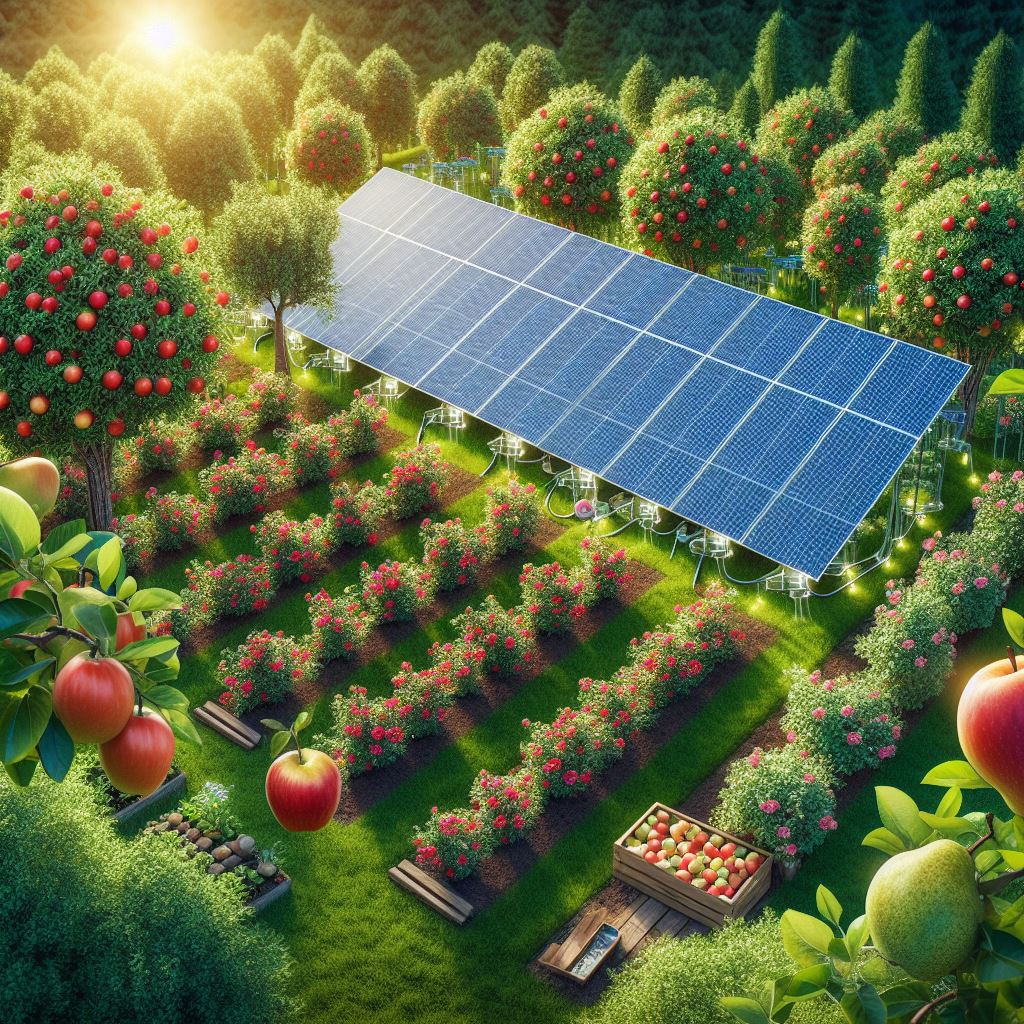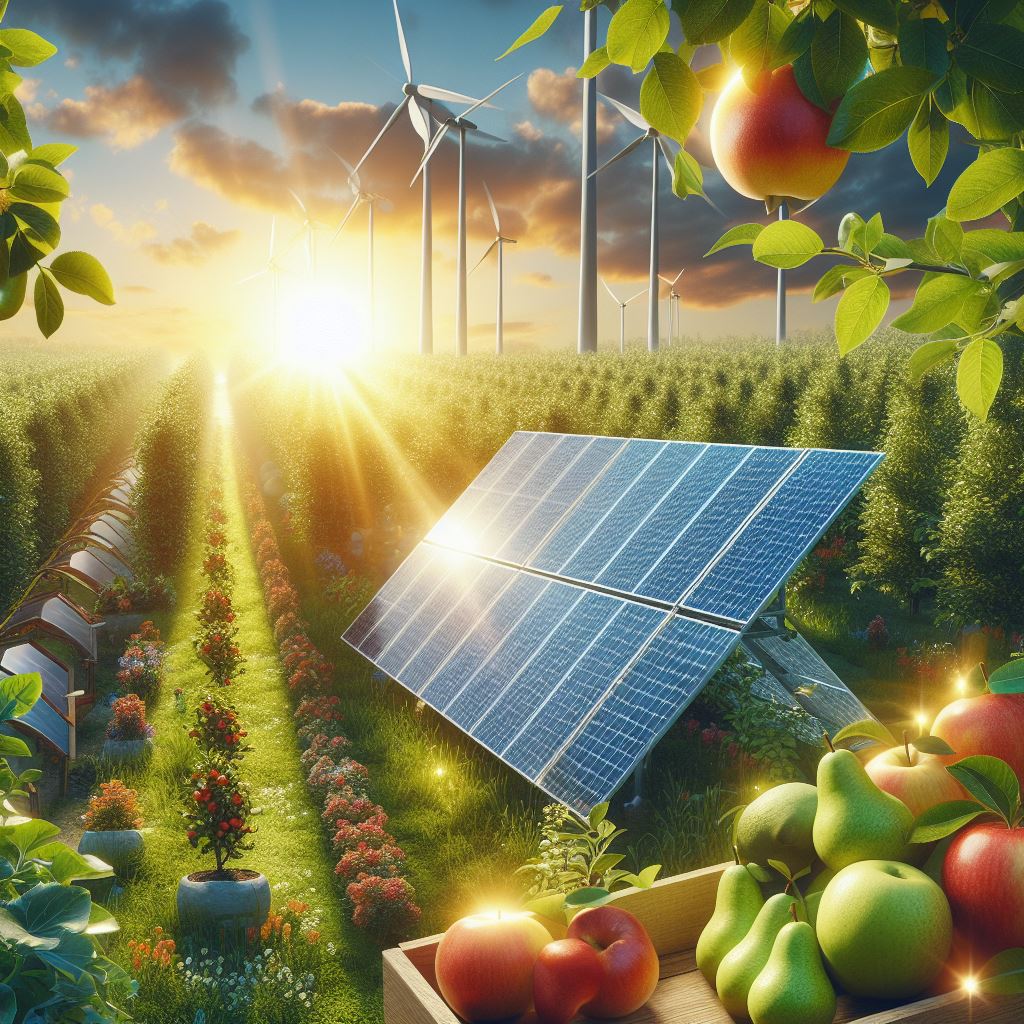 Apple and pear growers in South Africa are taking substantial steps towards sustainability by investing in solar energy systems amidst the country’s ongoing electricity challenges.
Apple and pear growers in South Africa are taking substantial steps towards sustainability by investing in solar energy systems amidst the country’s ongoing electricity challenges.
For more than a decade and a half, South African producers have grappled with frequent power outages, locally termed as load shedding. These interruptions, designed to alleviate strain on an overburdened national grid, result in scheduled blackouts across different regions, lasting up to four hours at a stretch.
For orchard owners and packhouses, such power disruptions pose serious threats to operations. Consequently, many have opted to invest in private energy solutions, ranging from generators and lithium batteries to solar arrays.
Numerous suppliers to Tru-Cape, a leading exporter of topfruit in South Africa, have embraced alternative energy sources, emphasizing the benefits of securing production while simultaneously reducing costs and environmental impact.
One such example is the Van Niekerk Boerdery near Caledon, where the adoption of solar panels in October 2023 has led to a notable reduction in carbon emissions and the equivalent of 45 trees being planted.
Wimpie van Niekerk, overseeing apple and pear orchards on his family’s farm, underscores the dual benefits of solar energy: personal autonomy and environmental stewardship. He credits his cousin Niekie for devising a cost-effective energy strategy that enhances operational efficiency.
At the heart of their farm’s energy needs lies irrigation, where upgrades such as variable speed drive technology and consolidated power points have led to significant savings. With solar panels capable of generating 100 kW of power, the farm enjoys increased self-sufficiency, particularly during sunny spells.
Similarly, Rossouw Cillié of Laastedrif Agri near Ceres has prioritized sustainability through innovations like gravity-fed irrigation from elevated dams and natural wetland filtration for effluent recycling. Upgrading to a 300 kW solar energy system has notably reduced CO2 emissions, aligning with Cillié’s environmental ethos.
In the Ceres region, Nico Verhoef of Witzenberg Properties advocates for environmental responsibility among producers. With their farms heavily reliant on electricity for irrigation, the installation of a 1.4 MW solar system has significantly reduced carbon emissions while offering substantial cost savings.
As South Africa grapples with its energy challenges, these agricultural initiatives underscore the potential of solar energy to mitigate environmental impact and enhance resilience in critical sectors.

